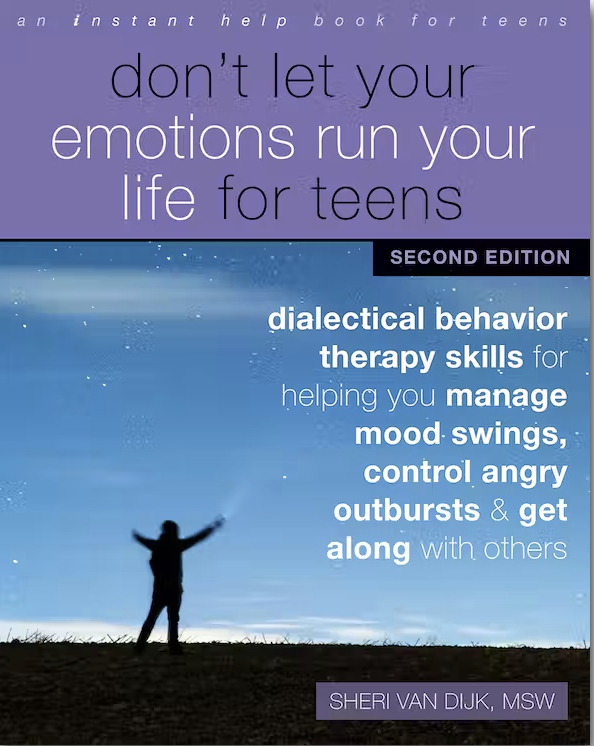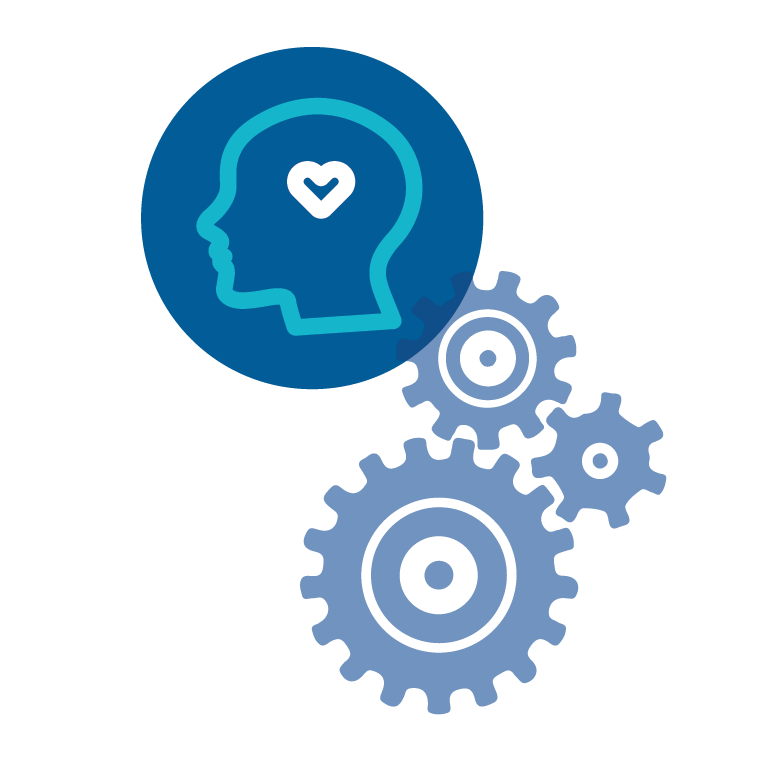The Surprise Side Benefit of Regulating Your Own Emotions
 Regulating our emotions is at the heart of our ability to parent the way we’d like. It’s just so easy to get hijacked by our emotions and find ourselves already ten steps down the low road.
Regulating our emotions is at the heart of our ability to parent the way we’d like. It’s just so easy to get hijacked by our emotions and find ourselves already ten steps down the low road.
This very challenging task — regulating our emotions so that we can guide our child lovingly rather than indulging in our own tantrum — is fundamental to good parenting.
It helps your child grow a calmer brain and nervous system, which makes them easier to live with now, and more resilient for the rest of their lives.
When you let yourself experience your emotions, they begin to evaporate. So by simply sitting with your upsets, holding yourself with compassion — breathing and feeling BUT resisting the urge to act — you clear out your own unfinished business, whether fear, hurt or grief.
That would be miracle enough. But there’s another miracle. This process melts the armor around your heart, and love rushes in.Once you let yourself feel the more vulnerable emotions under your anger, they’ll evaporate — and so will your anger.
But what about when your child is misbehaving? Are you supposed to just ignore his bad behavior and go meditate? No, of course not! Children need parental guidance. But when you’re emotionally dysregulated, it frightens your child. Fear causes resistance. You can’t guide your child from a place of upset.
Besides, you can’t control or change another person. You can only change yourself, which changes how the other person responds to you. So as you change, your child changes.
But what if your child is stuck in a counter-productive pattern and really does need to change? Your own emotional self-regulation is still the key to helping him change.
1. Children learn emotional regulation from us.
Kids won’t always do what we say, but they will always, eventually, do what we do. If parents indulge in throwing their own tantrums, so will their children. If we can stay calm, they learn that it’s not actually an emergency when they get upset, and they learn to calm themselves. This ability to self-regulate is at the heart of emotional intelligence.
2. The emotional safety we create for our children is exactly what allows them to heal, grow and thrive
Like us, children want to feel happy and connected, but sometimes their emotions overwhelm them. Our calm gives them a path back to loving connection. When they feel better, they do better.
3. When we provide a calm “holding environment” for our children, they feel safe enough to experience their emotions.
Which is what allows those big feelings to begin to evaporate. Kids learn that feelings are just part of being human, and they don’t have to fear them — OR act on them.
4. When children respect us and feel understood by us, they’re more likely to want to follow our lead.
They learn that they don’t always get what they want, but they get something better — a parent who understands, even when they say no. So the child becomes more open to our guidance, more likely to follow our rules.
5. Children are sensitive barometers of our moods and tensions.
If you have an unresolved issue, you can count on your child to subconsciously pick up on it and act out. So very often, when we work on our own issues, we find that our child’s behavior changes — even without our directly addressing it!
6. When we respond differently, so does our child.
Remember, it’s always your child’s action + your response that = the outcome. When we get triggered and react without thinking, we escalate the storm. When we can stay calm enough to respond with kindness and respect while we set limits, we settle the storm.
Excerpted from “The Surprise Side Benefit of Regulating Your Own Emotions” in Aha! Parenting. Read the full article online.
Source: Aha! Parenting | The Surprise Side Benefit of Regulating Your Own Emotions, https://www.ahaparenting.com/read/change-your-child | Copyright ©2022 Dr. Laura Markham
If you have concerns about your child or teen, CHC Care Coordinators can arrange a free 30-minute consultation so you can explore options with an expert. We invite you to call or email us at 650.688.3625 or careteam@chconline.org to set up an initial Parent Consultation appointment. CHC teletherapy services are available now.





